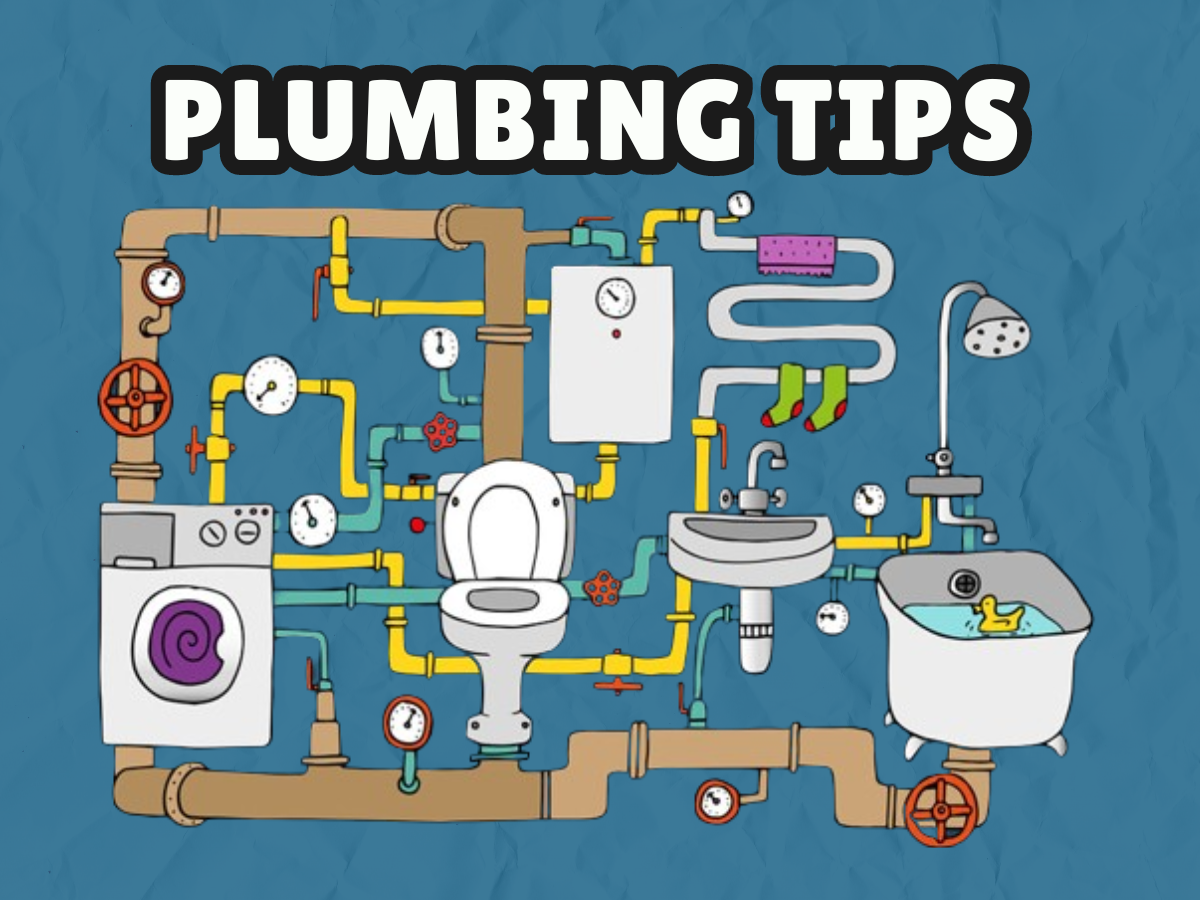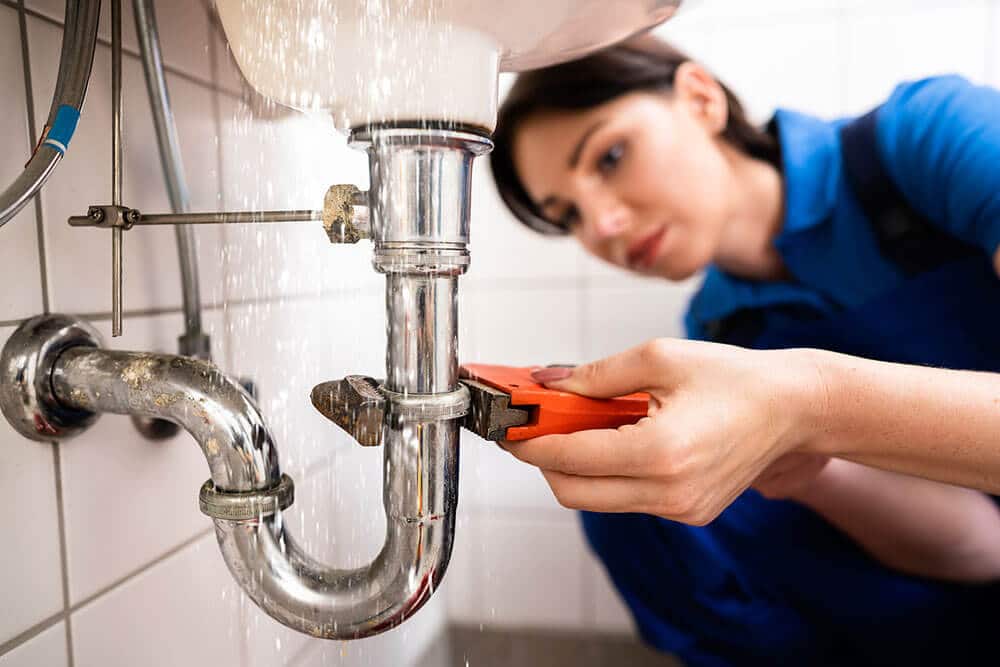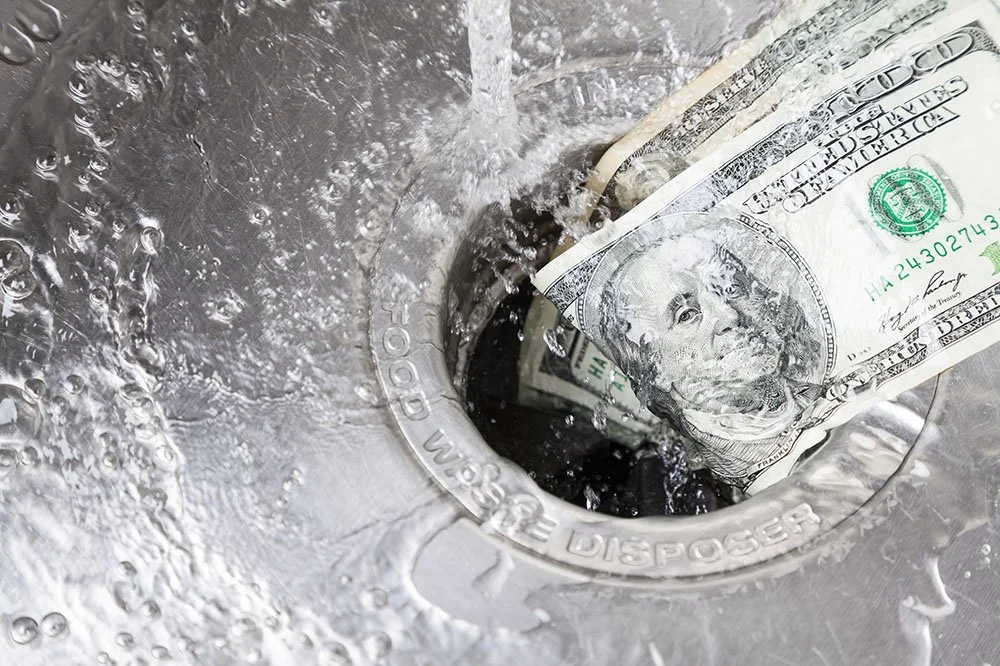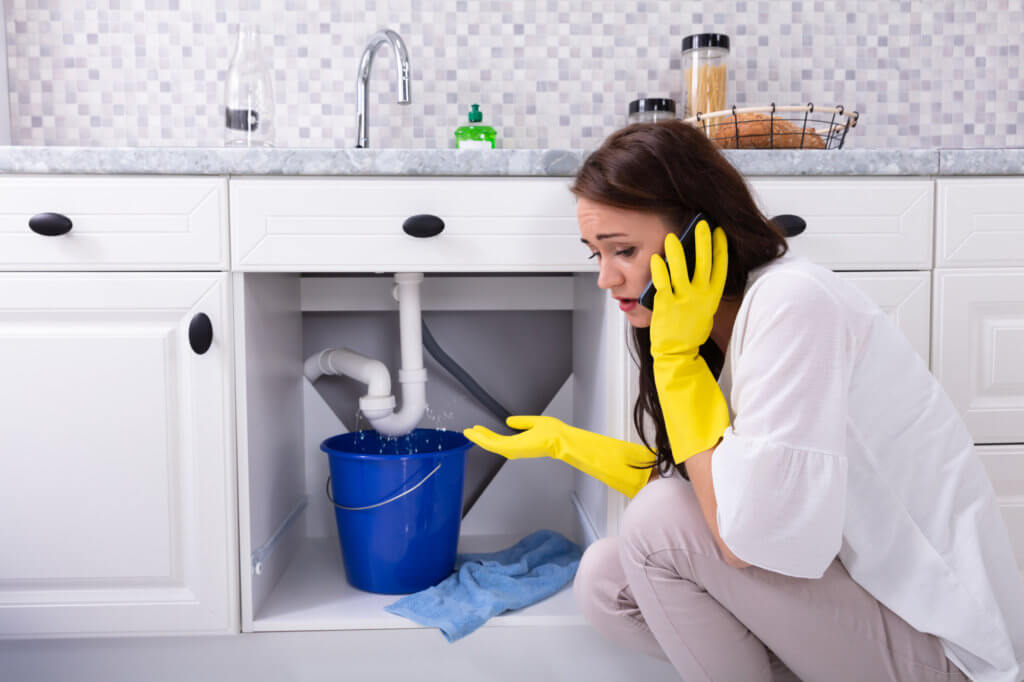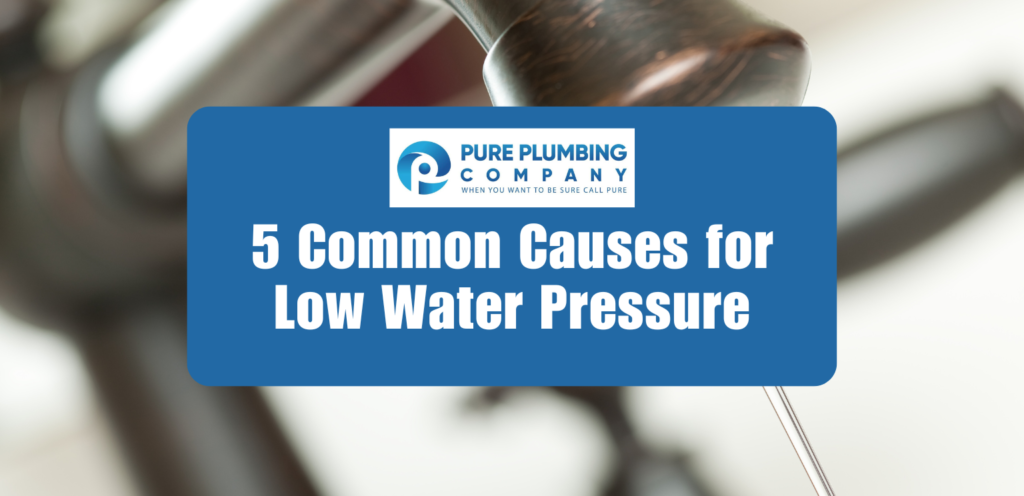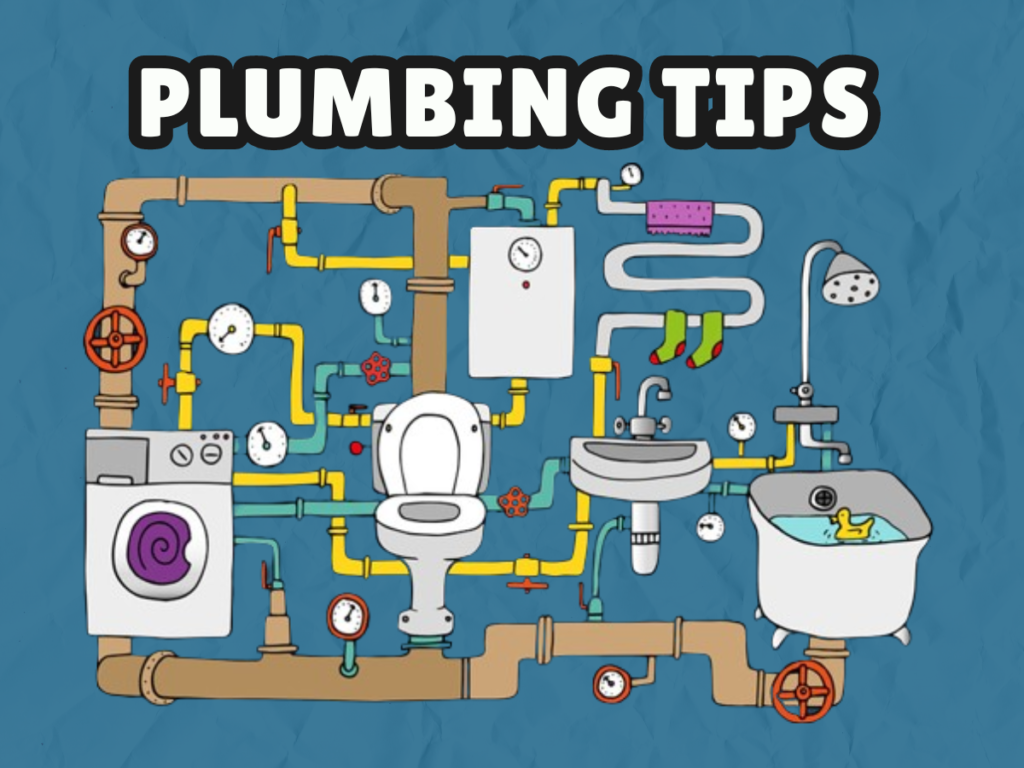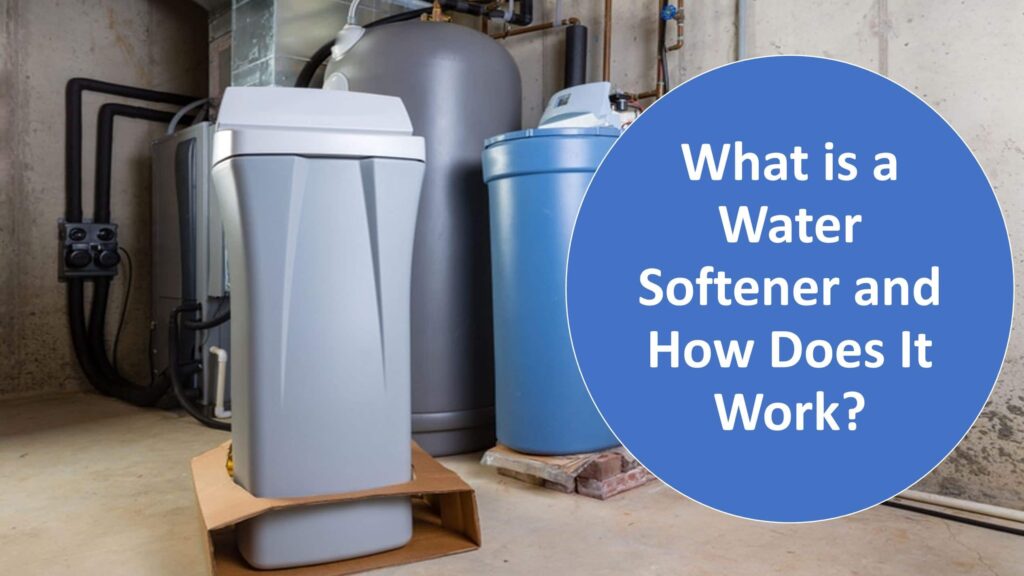In the realm of homeownership, few things are as crucial as understanding the ins and outs of your plumbing system. From preventing costly repairs to ensuring water efficiency, maintaining your plumbing can save you time, money, and stress in the long run. In this comprehensive guide, we’ll delve into the core principles of plumbing and equip you with 10 essential tips to tackle common issues like leaks, clogs, and faulty fixtures like a pro.
What is Plumbing?
Plumbing is the intricate system of pipes, fixtures, and fittings installed in a building for the distribution of potable water and the removal of waterborne wastes. It encompasses everything from your faucets and toilets to your water heater and drainage system.
Importance of Proper Plumbing Maintenance
Proper plumbing maintenance is essential for several reasons:
- Avoid Costly Repairs: Regular maintenance helps identify and address minor issues before they escalate into major problems, saving homeowners from expensive repairs.
- Improve Water Efficiency: Well-maintained plumbing systems are more efficient, reducing water waste and utility bills.
- Preserve Home Value: A well-maintained plumbing system contributes to the overall value and appeal of a home, making it more attractive to potential buyers.
- Prevent Water Damage: Timely maintenance prevents leaks and other plumbing issues that can lead to water damage, mold growth, and structural problems.
- Promote Health and Safety: Maintaining clean and functional plumbing fixtures ensures access to safe and hygienic water, protecting the health and well-being of occupants.
By highlighting these points, homeowners can better understand the significance of regular plumbing maintenance checklist in preserving their investment and ensuring the comfort and safety of their families.
Benefits of Knowing Plumbing Basics
Understanding the basics of plumbing offers numerous benefits. It empowers you to troubleshoot common issues independently, saving you time and money on professional services. Moreover, it instills confidence in handling minor repairs, allowing you to tackle them promptly and effectively.
Why Every Homeowner Should Learn Plumbing Tips
Learning plumbing tips is not just about fixing leaks and unclogging drains; it’s about empowerment and self-sufficiency. By mastering these skills, you can respond swiftly to emergencies and prevent minor issues from snowballing into major headaches. Additionally, knowing how to maintain your plumbing system can significantly extend its lifespan, saving you from costly replacements down the line.
10 Essential Plumbing Tips
- Know the location of shut-off valves: Familiarize yourself with the main shut-off valve for your water supply and individual shut-off valves for sinks, toilets, and appliances.
- Regularly check for leaks: Inspect faucets, toilets, and pipes for any signs of leaks or water damage, and repair them promptly to prevent water wastage and structural damage.
- Learn to unclog drains: Invest in a plunger and drain snake to tackle minor clogs in sinks, showers, and toilets without resorting to harsh chemicals.
- Insulate pipes to prevent freezing: Protect exposed pipes from freezing temperatures by insulating them with foam sleeves or heat tape, especially during the winter months.
- Avoid putting certain items down the drain: Dispose of grease, coffee grounds, and other debris properly to prevent clogs and damage to your pipes.
- Maintain your water heater: Flush your water heater annually to remove sediment buildup and ensure optimal performance and efficiency.
- Test and replace faulty fixtures: Regularly inspect faucets, showerheads, and toilet components for leaks and signs of wear, and replace them as needed to prevent water waste and damage.
- Address dripping faucets promptly: A dripping faucet may seem like a minor annoyance, but it can waste gallons of water and lead to higher utility bills if left unchecked.
- Use drain screens to prevent clogs: Install drain screens or guards in sinks, showers, and tubs to catch hair, soap scum, and other debris before they can cause clogs.
- Schedule regular plumbing inspections: Consider hiring a professional plumber to conduct annual inspections of your plumbing system to identify any potential issues before they become emergencies.
Conclusion
Mastering the fundamentals of home plumbing is not only practical but also empowering. By implementing these 10 essential tips, you can take control of your plumbing system and ensure the long-term integrity and efficiency of your home. Remember, a little knowledge and proactive maintenance can go a long way in preventing costly repairs and preserving the comfort and value of your most significant investment.


